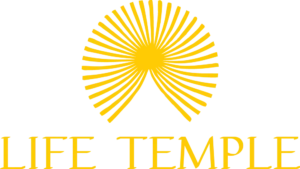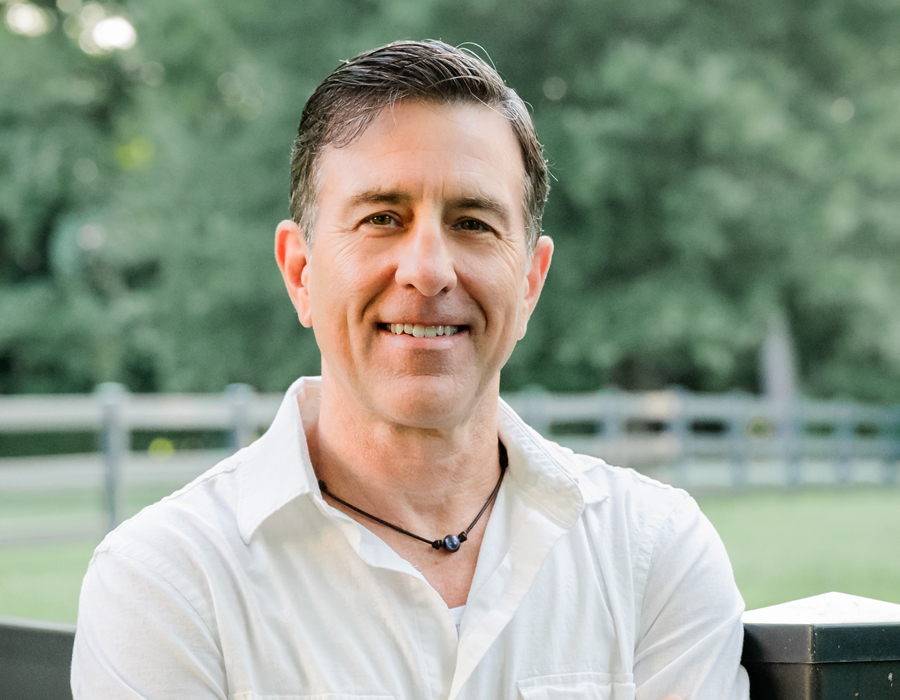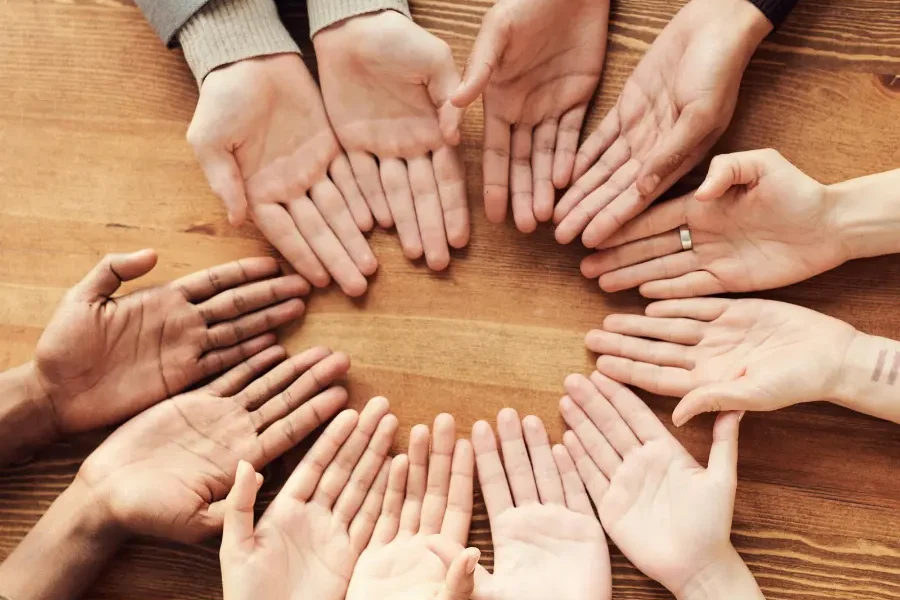In an era of rapid societal changes and global interconnectedness, the pursuit of spiritual unity in diversity stands as a vital pathway to collective harmony. At Life Temple, a nonprofit spiritual community committed to self-realization and holistic well-being, we uphold the principles of truth, love, and freedom as essential for personal and communal evolution. This February, during Black History Month, we have a profound opportunity to delve into how embracing cultural and historical narratives-particularly those of African American heritage-fosters spiritual interconnectedness through awareness and empathy.

Digital IDs: Freedom or Enslavement
By: Glenn Workman, Director of Life Temple
Digital IDs at a crossroads: convenience or control?
As October’s harvest moon rises in 2025, new policy updates highlight a major shift in how we verify our identities. Just weeks ago, on September 26, the UK government announced a national digital ID plan. This requires workers to prove their status digitally to prevent illegal employment. Meanwhile, the European Union’s EUDI Wallet held a key testing event in Wrocław, Poland, on September 29-30. It focused on using biometrics, such as fingerprints or facial scans, for common daily tasks. These developments, covered in the recent State of Digital Identity™ 2025 report, suggest a future of smoother, more connected services.
Freedom or Restriction?
But as fall deepens, it’s time to reflect. At Life Temple, we embrace fresh ideas with optimism but encourage thoughtful questions: Will these tools remove old barriers and give us more freedom, or will they create new restrictions? Digital IDs have great potential to improve lives for millions, yet they carry two clear sides – one leading to greater independence, the other to increased control. Let’s examine both carefully.

A glimpse into the digital age; a young man interacting with multiple devices, illuminated by the glow of screens.
Simplifying Daily Life
The positive aspects are easy to see and appealing. They create a system for simpler daily life, backed by strong security measures. Imagine handling routine chores without frustration: A single digital profile on your smartphone could manage everything from online banking to airport check-ins or doctor’s appointments. You’d avoid misplacing important papers or standing in endless queues. For individuals, the real value shines in emergencies-your profile might instantly share critical health details, like allergies or blood type, helping save time and possibly lives.
Digital IDs: Building Security and Fairness
Experts in technology and government leaders highlight the built-in protections: Advanced biometrics and encryption could stop identity theft, a crime that drains billions from global economies every year. During natural disasters, it could direct help straight to verified victims, cutting waste and delays. On a larger scale, it supports stronger communities, such as through secure online voting that encourages more participation and rebuilds faith in elections. In today’s world of growing cyber threats, these IDs function as intelligent protectors. They employ AI to detect unusual patterns without invading personal space. Overall, this approach promotes fairness, making it simpler for underserved people to access jobs, education, and aid – all in the name of enhanced safety. In an unpredictable era, why wouldn’t we welcome a system that makes identity checks feel empowering instead of burdensome?
How Simple Systems Can Erode Freedom
That said, the enthusiasm dims when we consider lessons from the past. Systems designed for basic organization have repeatedly become tools for limiting personal rights. The framers of the U.S. Constitution created a government rooted in the power of everyday people. They included protections like the right to self-defense, even against potential government overstep. However, history shows how straightforward administrative tools can stray, turning into ways to curb freedoms and allow excessive control.
Digital IDs: The Risks of Instant Connectivity
Modern digital IDs might accelerate these issues faster than ever before. With instant data sharing and AI that predicts behavior, they could monitor everyday patterns-your travels, purchases, or social connections-and alert authorities to anything unusual ahead of time. For example, in China, the social credit system links to digital profiles and impacts routine decisions. It rewards rule-following with benefits but punishes minor issues by restricting travel or job options. In India, the Aadhaar program was meant to expand access to government aid, but technical errors have blocked millions from receiving help. Data breaches have also exposed private information to thieves.
When Optional Tools Become Mandatory
Closer to home, in 2025, the UK’s new worker ID requirements raise alarms about privacy breaches and vulnerability to cyberattacks, turning the system into a prime hacking target. In the EU, supporters praise the EUDI Wallet for its convenient integrations, but opponents warn it could enable widespread monitoring disguised as user-friendly features. Often, what begins as an optional tool becomes mandatory over time, gradually eroding the privacy that safeguards our independent choices.
Digital Identity Risks Linked to Basic Governance
The biggest concern goes beyond the technology itself-it’s about who holds the reins. Do you trust the government with this kind of powerful tool? One clear way to assess that is by reviewing how well they manage our most fundamental needs today: food, water, air, medicine, shelter, and money. If basic protections falter, it’s reasonable to question their readiness for something as intimate as overseeing your digital self.
Food Safety and Corporate Influence
Consider food first. Governments should ensure our food is safe and nutritious, but regulations frequently allow large corporations to include artificial chemicals or genetically modify crops in potentially harmful ways. Research connects these practices to long-term health problems, but approvals continue because corporate profits take priority. Affordable, natural alternatives are often overlooked or downplayed.
Water Quality Under Threat
Next, water-the source of all life. Conventional water treatment plants often fail to completely filter out hormones from wastewater, allowing trace amounts to re-enter drinking supplies and ecosystems, potentially disrupting health and wildlife. Globally, industrial waste pollutes rivers, and responses drag on, leaving communities exposed.
Air Pollution and Hidden Hazards
Air quality faces similar shadows. Unexplained aerosols released from aircraft compromise the air we breathe, yet authorities provide no straightforward details or openness about their purpose. The contents and reasons for these sprays stay secret, forcing us to inhale potential hazards without full understanding.
Pharmaceutical Oversight and Medicine Access
Medicine brings even sharper doubts. Pharmaceutical firms set exorbitant prices for essential drugs, while suppressing inexpensive solutions like herbal remedies or preventive lifestyle advice that could benefit wide populations. The opioid epidemic drives this home: Medications marketed as low-risk addicted millions, and oversight agencies reacted too slowly to intervene.
The Struggle for Secure Housing
Shelter-our basic need for secure housing-often feels like a distant dream. Rents and home prices skyrocket, fueled by restrictive zoning laws and developer priorities that limit new builds, stranding families in unstable or overcrowded conditions. Officials pledge support, but relief efforts rarely deliver enough.
Economic Pressures and Financial Strain
Finally, money connects everything. Rising inflation erodes savings, and tax codes burden average workers with confusing requirements that benefit the wealthy. Central banks create more currency at will, which devalues what we earn and strains daily budgets for most people.
When Mismanagement Threatens Digital Trust
These aren’t isolated mistakes; they form a clear pattern where immediate profits overshadow lasting well-being. When governments struggle with core responsibilities like these, granting them oversight of your personal data and movements via digital IDs seems fraught with danger. It risks heightening surveillance, diminishing autonomy, and causing glitches that exclude innocent people.
Rooted in Inner Strength
At Life Temple, we approach this moment with steady calm drawn from our enduring inner core. Our true strength connects to a greater power that outlasts human shortcomings, providing a solid foundation. While we navigate our time in this physical world-dealing with its daily routines, connections, and hurdles-this existence affects only our outer form, not our timeless spirit. We strengthen ties to our authentic selves through clear-minded reflection, compassion, and a commitment to liberty.
Awareness and Resilience in a Digital Age
Digital IDs aren’t an endpoint; they’re a call to greater awareness. They prompt us to pose thoughtful questions, simplify our lives where possible, and form communities grounded in genuine trust. By listening to this inner guidance, we face uncertainties not in fear, but with resolute steps, fostering resilience amid change.
Digital IDs: Paths to Progress or Control
As October’s reflections intensify in 2025, digital IDs reveal two distinct roads: beacons of unity drawing us into shared progress, or snares of constraint pulling our existence into rigid digital cages. The benefits-bolstered security, equal opportunities, seamless interactions-are truly inviting; the pitfalls-heightened data vulnerabilities, unintended exclusions, and excessive authority-are stark cautions.
The Ultimate Question of Trust
Amid humanity’s ongoing cycle of innovation and caution, one piercing question lingers: Do you trust those who’ve faltered on our food, water, air, medicine, shelter, and money to hold the ultimate key to your freedom?




